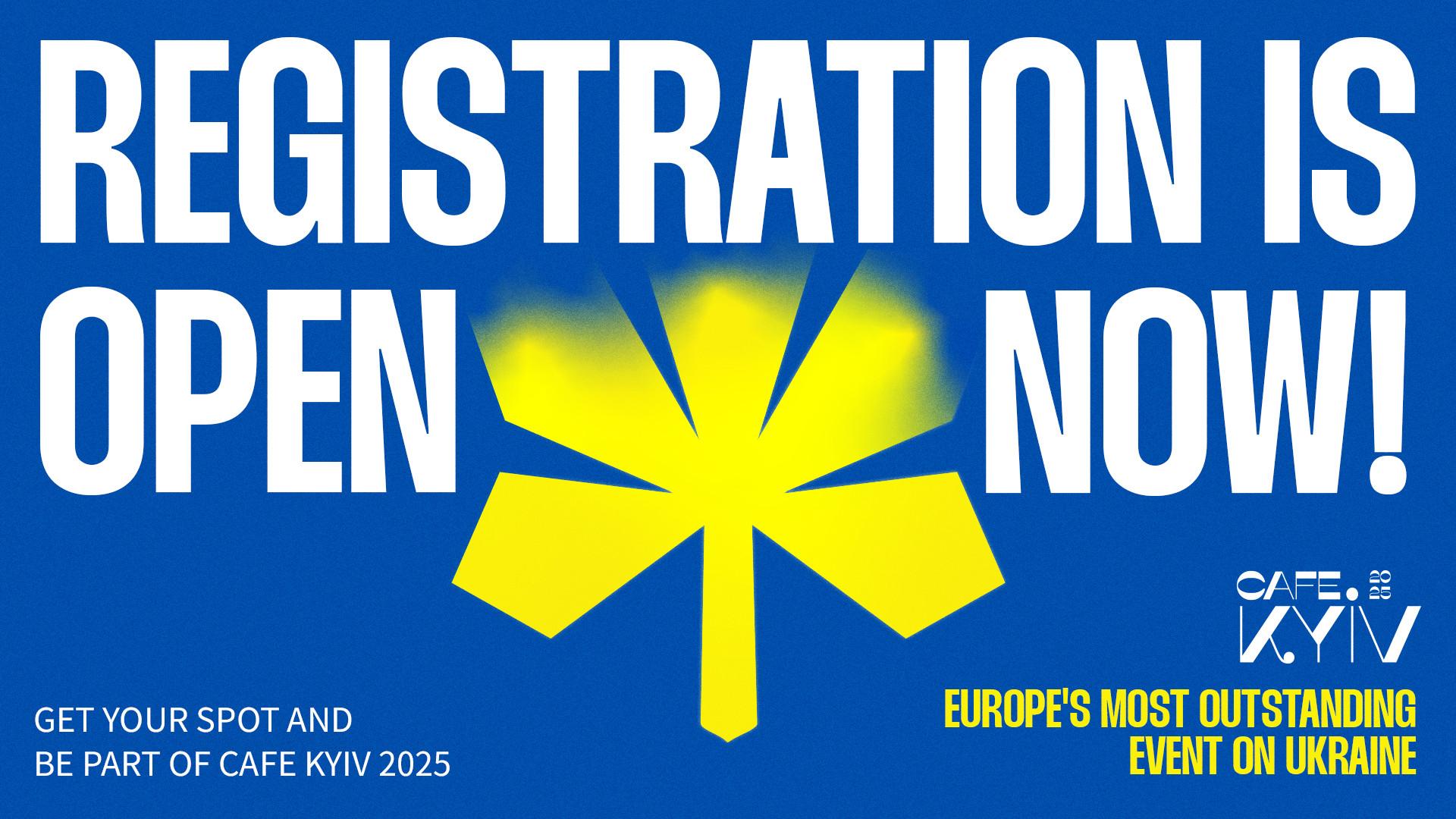Single title
The added value of digital technologies has become self-evident. Access
to information and services at all times is indispensable for implementing
business ideas and for managing our daily lives. No network?
No way! Politics and the business world have placed digitalization at the
top of their agendas. It is now a top priority as a key driver for ensuring
future prosperity.
To the same extent that a digital society is establishing itself, there are
growing fears that data and algorithms wield a destructive power, from
which there is no escape. Like a self-fulfilling prophecy, data and algorithms
are devouring jobs, privacy, and freedom, so as to ultimately replace
us with artificial intelligence. For many, digital technologies and
growing data mountains constitute a black box: complicated, complex
and non-transparent. Politics, it now seems, cannot keep pace with the
dynamics of technological developments and is powerless in dealing
with a globally operative digital economy.
In this essay, Geoff Mulgan asks what needs to be done in order to exploit
the benefits of digitization, without becoming hostage to its disadvantages.
The author, an experienced policy adviser and Chief Executive
of the Nesta Foundation, refutes the assumption that technology is
deterministic. He urges us “to think digitally” instead of merely staring
at new technologies. Iterative, collaborative, networked, and adaptive
are keywords that are meant take the focus away from traditional analysis
of structures and hierarchies toward stronger network behaviour.
For Geoff Mulgan, the ability to openly navigate and manage a complex
network of supporting relationships is crucial in order to be better prepared
for change: digitalization doesn’t pose us a technical challenge,
but above all a social one.
Topics

Cafe Kyiv 2025 Registration
Register today for Cafe Kyiv 2025 and look forward to exciting guests and a varied programme.
Register now


